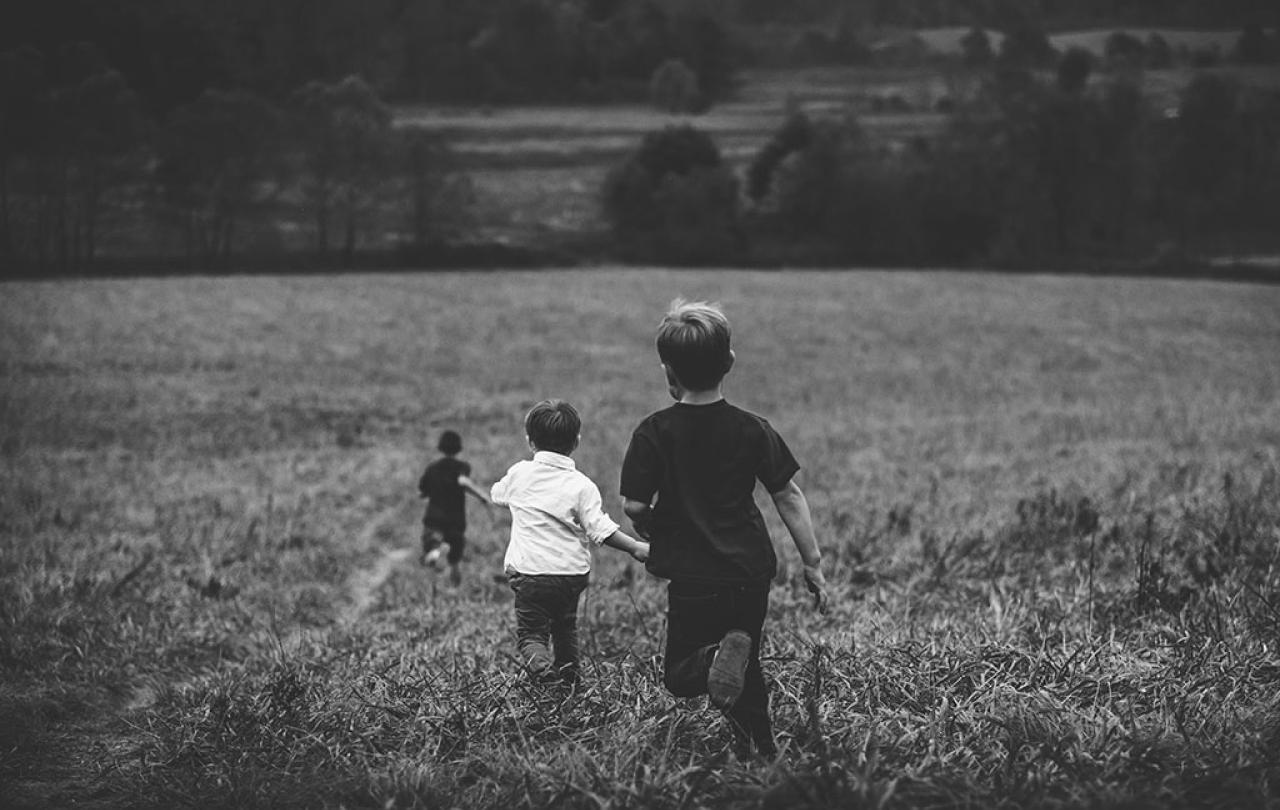
All the world’s a stage. Never more so than in a general election. Amidst the usual stunts and gimmicks of political leaders in election season (and much of the drama unintended or badly scripted) we too have become the performers. It doesn’t matter that Rishi and Keir are ‘boring’ - the digital space has created platforms for us also to posture and present our political positions. But in acting for the crowd, I worry that we’re losing a sense of who we are.
If fame is the mask that eats the face of its wearer, then we’re all at risk of losing ourselves. Absurd! You might say, I’m not famous! But we have become mini celebrities to our tens and tens, if not hundreds or thousands of followers. Every post, story, or reel is an opportunity to project who we are and what we’re about, and what we think. Times columnist James Marriott goes so far as to write that ‘the root of our modern problem is the way opinion has become bound up with identity. In the absence of religious or community affiliations our opinions have become crucial to our sense of self.’
A recent study by New York University shows that many people in America are starting with politics as their basis for their identity. They say, "I'm a Democrat or a Republican first and foremost", and then shifting parts of their identity around like ethnicity and religion to suit their political identity. I’ve stopped being surprised when I see someone’s Twitter bio listing their ideology before anything else that might be core to their identity. But are we really our vote, or is there more to us than that?
The platform is a precarious place to position yourself, as is the harsh glare of the smartphone blue light.
If politics is the mask that we are presenting to the world, then we are engaging in a hollowing out of our representative democracy. Who needs an MP if we’re all directly involved? Don't get me wrong – I'm not in favour of apathy, inaction, or even lack of protest. But we elect members of parliament because we can’t all be directly engaged all of the time. Speaking all the time, about all of the things. Strong opinions used to be the possessions of those who had too much time on their hands… now you can be busy watch and pass on a meme in a matter of seconds without proper reflection and engagement. And so we’ve imported the very worst of student politics into our everyday digital lives and identities.
Student politics is the often-formative, immature peacocking of ideologies one way or the other. It also often reduces others to caricatures, and the campus culture has increasingly become one that cancels rather than listens and illuminates. And so, the loudest voices dominate and intimidate others to comply. Someone I barely know recently sent me an invitation to reshare a strong opinion on social media. We’ve never spoken about this topic, and they have no idea if I've in fact developed an opinion on it. Marriott writes, ‘For many, an opinion has achieved the status of a positive moral duty… the implication: to reserve judgement is to sin.’ And without a merciful judge, sin means shame: not just what I do is bad, but who I am is bad too.
The dopamine hit we get from these short bursts of antisocial media use is killing us. Martin Amis said that 'Being inoffensive, and being offended, are now the twin addictions of the culture.' That was 1996. Now engaging in politics in the era of the smartphone, we are addicted to the current age’s offended/being inoffensive dichotomy. Like the drug that it is, wrongly used, it will disfigure us as it propels us to play the roles the crowds want. The platform is a precarious place to position yourself, as is the harsh glare of the smartphone blue light.
Every general election transforms the wooden floorboards of school halls into holy ground.
Countless commentators have offered the wisdom that you are who you are when nobody’s watching. But we’re all watching, all the time. First, we had the Twitter election, then the Facebook election, and now political parties have recently launched accounts on TikTok (all the while wondering if they are going to try to ban it). What we need is a post-social media election. If the world is facing impending doom, then we don’t need doomscrolling to help. Whether it’s activism or slacktivism, our politics need not be our identity. We need a greater light source that reveals our truest selves, and helps us to be fully ourselves. This ‘audience of one’ is a much simpler, if not easier, way to live.
After all, a secret ballot means nobody’s watching, and we don’t have to broadcast our vote, unless we really want to. On the 4th July, the ‘only poll that matters’ is private. We step out of the spotlights of our screens, and we cast a vote for the kind of leaders we want. Every general election transforms the wooden floorboards of school halls into holy ground.
We’d do well to treat the online world as a sacred space too, and each person as a sacred person. Perhaps it’s time not only for a general election, but also a personal election: to step out of the spotlight, and the light of our phones, and quietly cast a vote for who we want to be.





